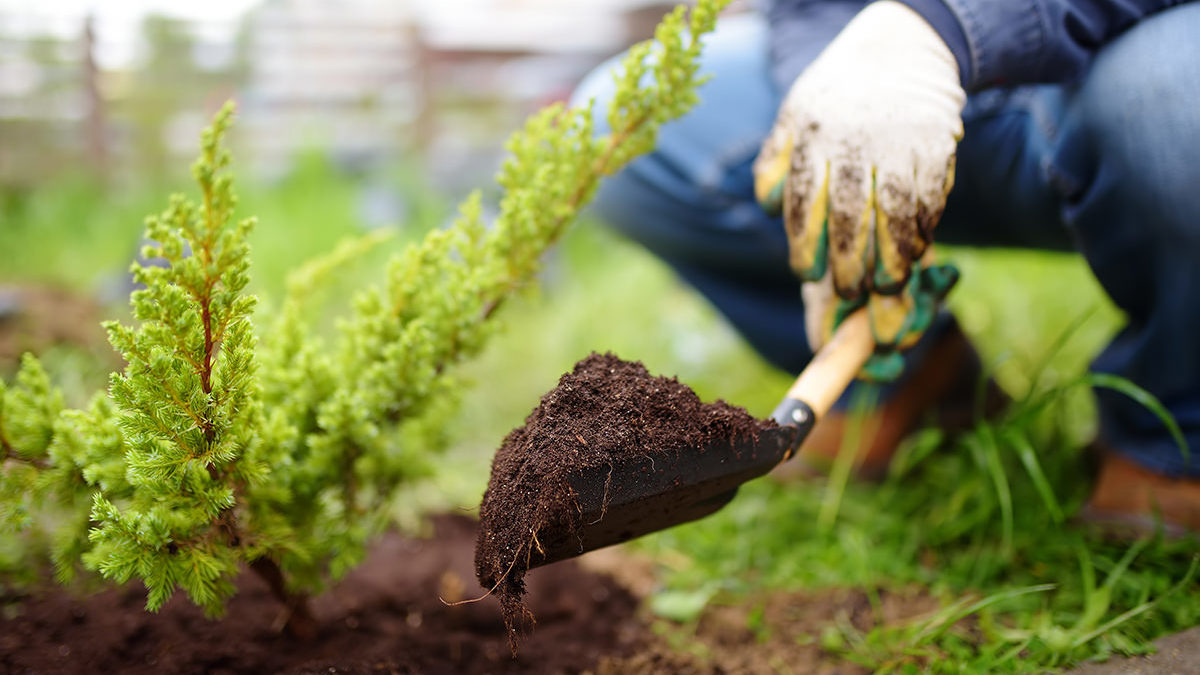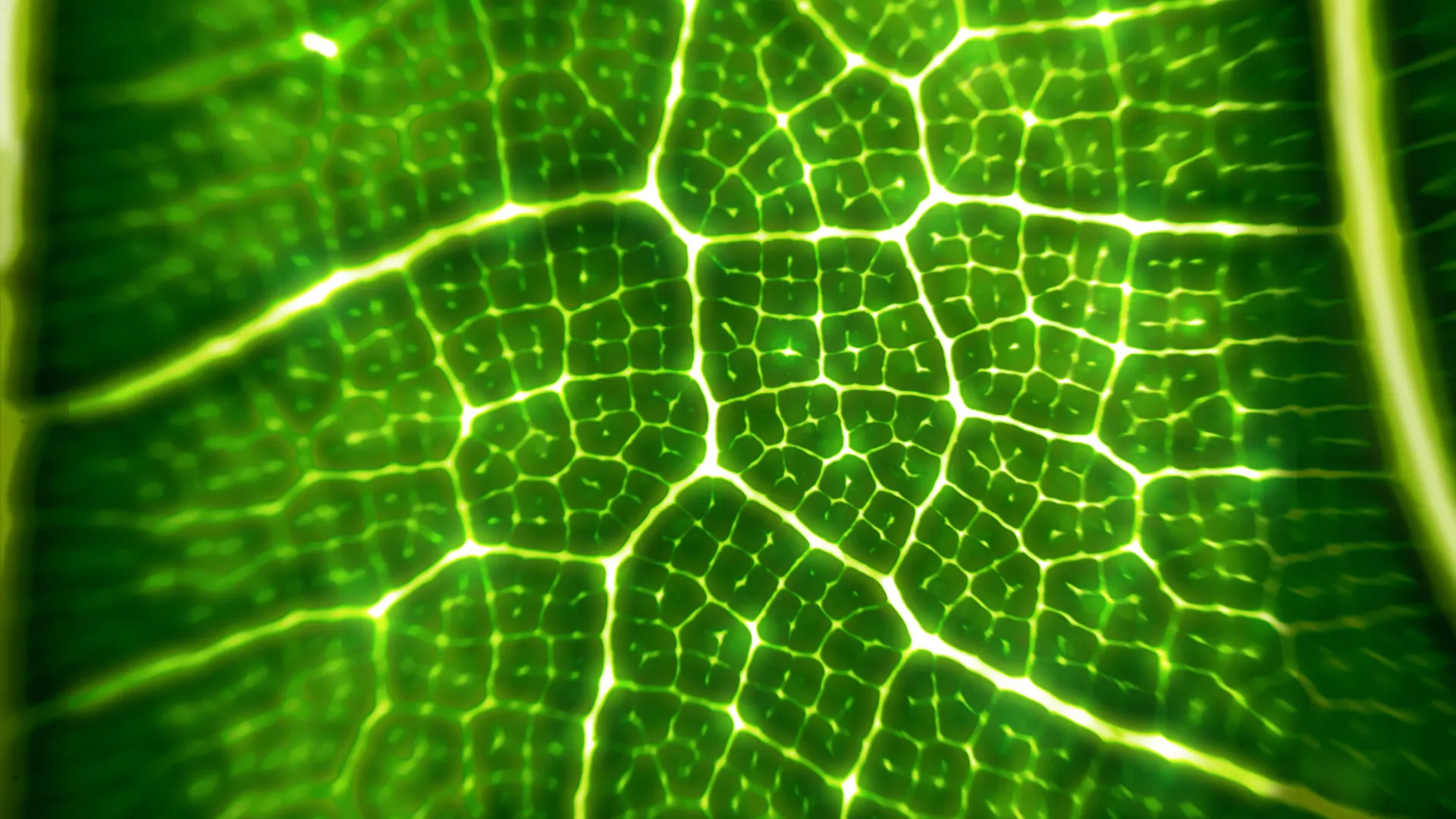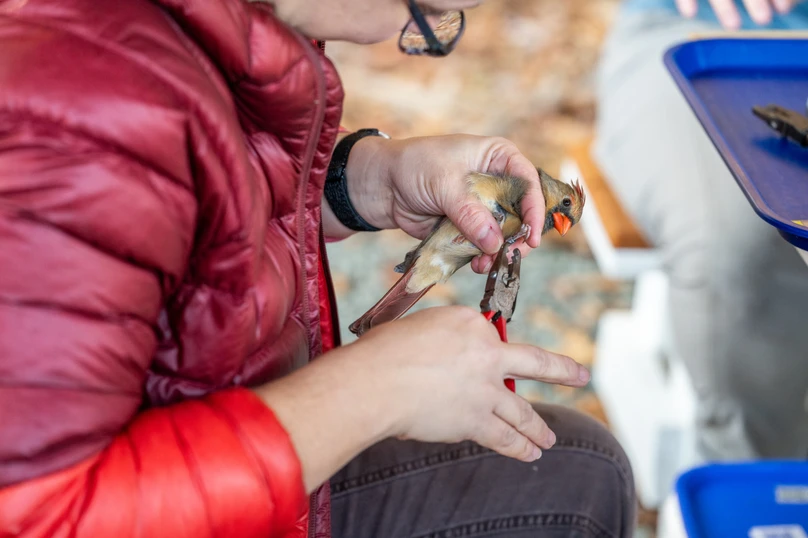PROTECT YOUR DNA WITH QUANTUM TECHNOLOGY
Orgo-Life the new way to the future Advertising by AdpathwayYour NatureHood is any place you go to connect with the earth’s natural wonders — from watching a crab scuttle across the sand, to listening to the calls of shorebirds, to witnessing the tides shift with the pull of the moon.
Too often when we think about nature we think about parks, and the trees and the birds that live in them. But did you know that more than 70% of the earth is covered in water?
Aquatic life across Canada is in serious trouble, from issues including rising temperatures, plastic waste, and habitat destruction. To raise awareness of how humans are harming marine life, Nature Canada is partnering with Vision3 Television and the Alliance of Natural History Museums of Canada to bring an augmented reality (AR) experience, Critical Distance, to people across Canada. Critical Distance explores the threats facing Southern Resident Killer Whales in the Pacific Ocean’s Salish Sea. The AR experience leaves visitors with one hard truth: If we don’t step up quickly, the damage to remaining orca pods could be permanent.
Did you know that salmon, in particular Chinook Salmon, are a key food source for Southern Resident Killer Whales? When the Chinook Salmon population goes down, so does the available food for these orcas. You can learn more about the Pacific salmon and why salmon are sacred by reading Salmon Wild!
Consider the marine life that can be found near you. Whether you’re exploring oceans, rivers or streams, you may have seen how plastic can entangle aquatic species, or how entire species are vanishing due to changes in the ecosystem. There’s no doubt you felt a pull in your chest, with a question echoing:
“What can I do?”
Here’s the truth: you don’t need to live near the ocean to help out. No matter where you are, your actions make a difference —and they can ripple outward to protect something much bigger than yourself.
Let’s explore how you can make a difference — right here, right now.
Here are simple actions you can take at home to promote healthy oceans, rivers, lakes and streams:
Participate or create a beach or stream clean-up!
Whether it’s a steam, river, a lake or the ocean, all aquatic life benefits from healthy waterways. You can help marine species recover and ultimately thrive by organizing a clean-up of a local beach or waterway that removes plastic and the associated toxic chemicals they comprise!
Write a letter to a local decision-maker.
Advocate on behalf of nature by writing to your MP or MPP about the importance of creating marine protected areas.
Reduce use of single use plastics.
Plastic, in particular single-use plastics, break down in the environment and can entangle our aquatic friends. Single-use plastics are also ingested by species, who suffer from the release of toxic chemicals.
Stop using pesticides.
Did you know that pesticides can contaminate waterways and harm aquatic wildlife via run off? Pesticides are often used in food production; however, they can also be found in common household products like insect repellent!
Dispose of hazardous waste properly, not down the drain or storm sewer.
Harmful fluids like anti-freeze, windshield-wiper fluid and paint should be disposed of through designated waste drop-off programs. If they go down the drain or in the sewer they may eventually end up in local waterways where they can impact wildlife and humans.
Whether you’re picking up trash in your neighborhood, choosing ocean-friendly products, or inspiring others to care, you are part of a global wave of change.


 1 day ago
7
1 day ago
7





















 English (US) ·
English (US) ·  French (CA) ·
French (CA) ·